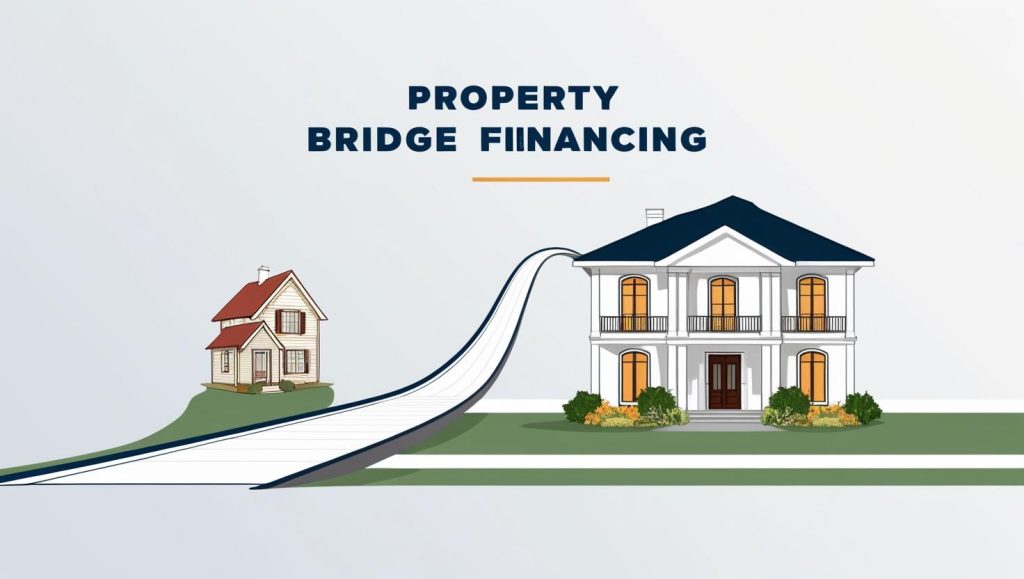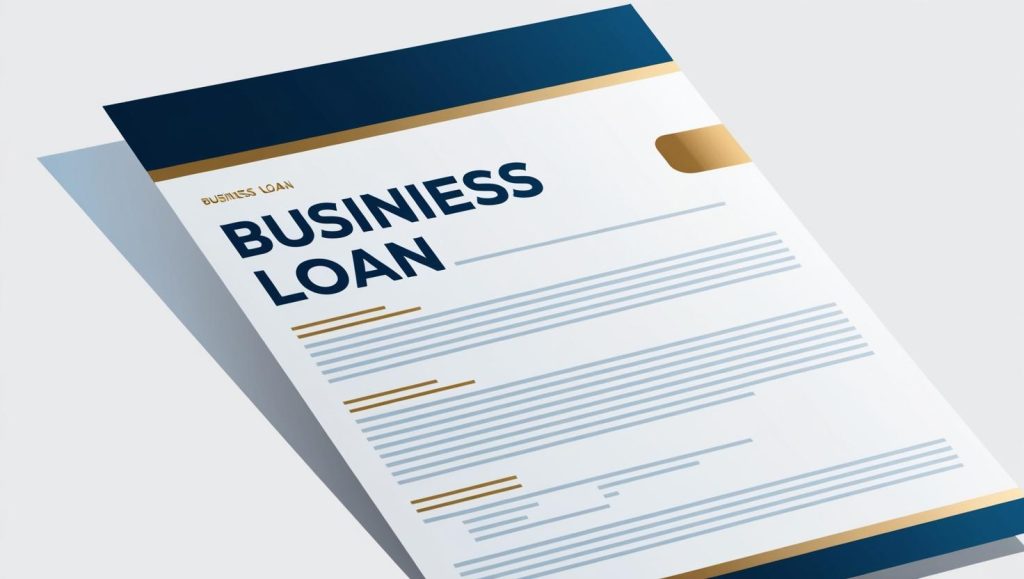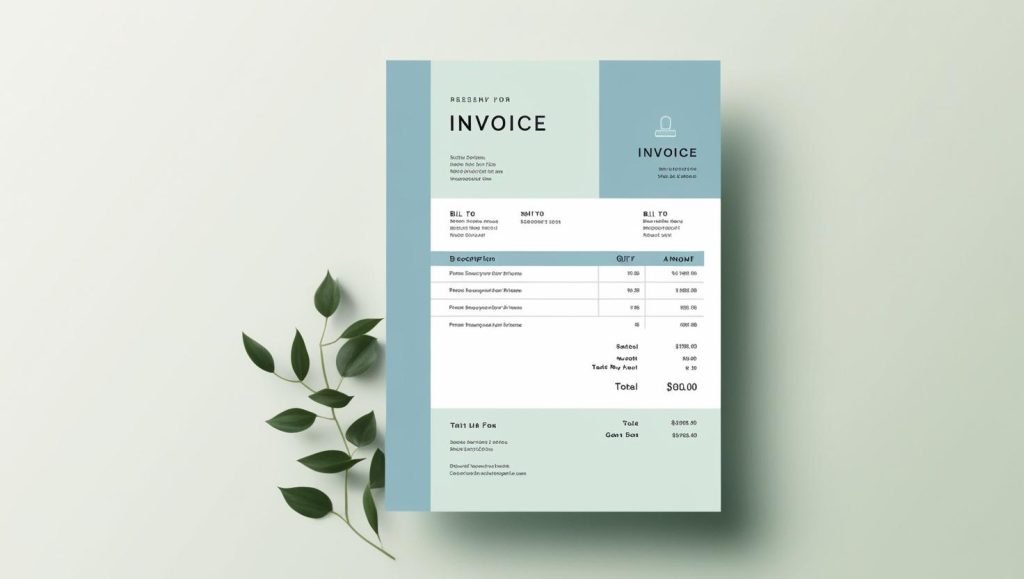We help find finance for your Business…..
Banks Says NO! Gone are the days of approaching your bank (as your only option) and choosing from the menu items of: Overdraft – Loan – Mortgage.
To source the best outcome for your requirements, and a suitable solution for you, we use our ‘whole of market’ panel of lenders:
- High Street Banks
- Challenger Banks
- Product Specialist Lenders
- Peer To Peer
- Fintech
Commercial Mortgages
Commercial Mortgages are used to fund the purchase, or refinance of, commercial and semi-commercial properties. In general terms, there are 2 types of Commercial Mortgages:
Owner Occupied – The purchase or refinance of the property where the company is currently operating, or the purchase of a new property to move to and operate from.
Commercial Investment – The purchase or refinance of commercial or semi-commercial property which will be rented to another company to operate from – essentially a commercial Buy To Let.

Residential Investment / Buy To Let

No doubt the buy to let market is rapidly changing with changes in legislation and taxation. However it still remains a viable investment strategy for many.
An Investor may purchase, as an individual, partner or via a limited company (“Special Purpose Vehicle” or SPV), an investment property as part of a long-term investment strategy.
These range from a single property to building a portfolio of properties, BTL’s to HMO’s and MUFB’s.
Bridging Finance
Short-term property finance with faster completion compared to traditional mortgage finance;
The ‘Exit’ from the loan is commonly the sale of the asset, or long-term re-financing.
Multiple uses: auction purchases / requirement to purchase quickly / refurbishment and development periods / releasing equity to raise working capital.

Development Finance
Finance terms available vary according to the initial value of the property / land, the costs and fees of the development work, the projected value of the completed development and your previous experience of development. Variants include:

- Light Refurbishment – Cosmetic refurbishment with no structural changes.
- Heavy Refurbishment – Contains cosmetic work, but usually renovation work including structural changes or changes to the footprint of the property.
- Ground Up Development – Commonly starts from vacant land, can include demolition and rebuild project.
Business Loans

- Secured Loans – The lender takes a guarantee to back the loan, which is normally a tangible asset that a company owns like property, machinery or vehicles.
- Unsecured Loans – With no tangible security backing the loan, these are riskier for lenders – and this is normally reflected in a shorter term and higher interest rate.
- Revolving Credit – Similar to an overdraft, you agree a facility limit and term and can ‘dip in and out’ depending on your needs. You only pay interest on the funds that you draw down.
- Merchant Cash Advance (MCA) – Using the regular income from Debit / Credit Card transactions to help fund business borrowing, helping to smooth income in seasonal markets. No fixed loan repayments, your repayments are tied to the volume of business you take through card transactions.
- Short Term VAT Loans – Lenders offer 12 week loans to help to settle some or all of your VAT bill – you can repay weekly or monthly.
Asset Finance / Vehicle Leasing
Asset Finance gives your business access to the machinery, plant, equipment or vehicles that it needs to operate, without the full initial outlay of their cost. It can also release value from assets that you already own towards working capital and cash flow requirements:
- Leasing Finance – Your business doesn’t own the asset but agrees a lease usually for a fixed term and payments. You are in effect renting the asset.
- Hire Purchase (HP) – This allows your company to purchase an asset over an agreed term with agreed regular payments – the asset is yours when all of the agreed payments have been made.
- Refinance – In simple terms, your company may own assets that are either unencumbered or partially financed. Lenders will commonly lend up to 70% of their current value less any outstanding finance.

Trade / Supply Chain Finance

Trade / Supply Chain Finance is a revolving facility that can be with UK based suppliers and manufacturers as well as overseas.
It is flexible to accommodate deposits if required on order and other costs including import VAT and freight if these are applicable to you.
And if it is from overseas, then lenders are also commonly experts in FX as well.
Invoice Finance
- Invoice Discounting – The simplest form of invoice finance. You keep charge of credit control, and get paid up to 90% of your invoice’s value on the day that you issue it to your customer, with the balance when they settle.
- Invoice Factoring – As per Invoice Discounting, plus the lender manages your credit control – this can free up your time to get on with running the business.
- Selective – You select either the clients or the individual invoices to put into invoice finance, so you only use the facility when your cash flow requires it.
- Specialist Sector? – Construction Finance, Recruitment Finance and Professional Services Finance are just a few examples of specialist products that could be tailor made for your
sector.

